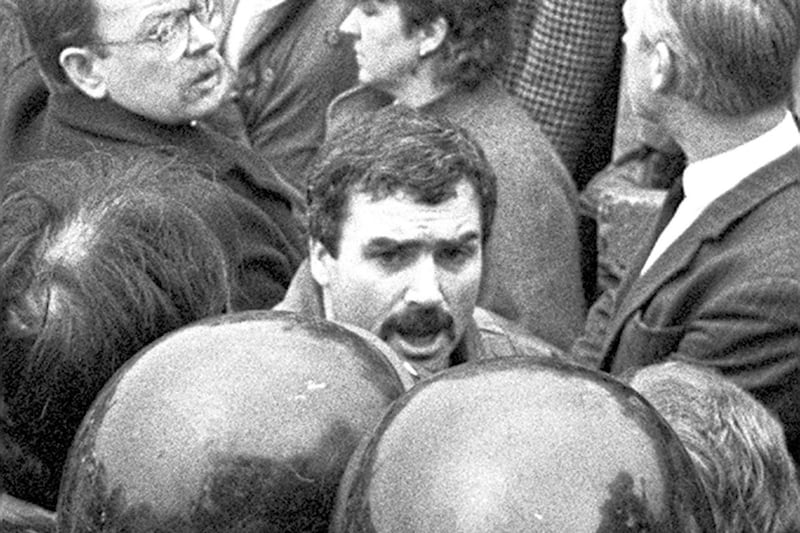There will be a widespread welcome for the appointment of the respected and long serving English police officer Jon Boutcher as head of the inquiry into the appalling activities of the Glenanne Gang, which is thought to be responsible for up to 120 sectarian murders.
The feared loyalist group, a section of the illegal Ulster Volunteer Force, was based in the Glenanne area of south Armagh and carried out atrocities on both sides of the border for over 20 years.
What set it apart from other paramilitary organisations like the IRA, which also inflicted bloodshed and misery on an enormous scale, were the firm indications that it was closely linked to elements within the forces of the British state.
There was clear evidence that the Glenanne Gang benefited from massive collusion with the former Ulster Defence Regiment, and to a lesser but still serious extent with the Royal Ulster Constabulary, during a prolonged period.
Although it was strongly believed for years that that the killers came and went from a notorious farm in Glenanne, the authorities somehow repeatedly failed to arrest the main suspects or properly search their stronghold.
The worst carnage they inflicted was when 33 people died in the Dublin and Monaghan bombings in 1974, but there were many other acts of brutality, including the 1975 Miami Showband massacre.
A previous investigation into the Glenanne Gang was shelved at an advanced stage when the Historical Enquiries Team which had been coordinating it was stood down, much to the frustration of the relatives of the victims.
Now, as we revealed on Saturday, Mr Boutcher, a former chief constable in Bedfordshire, has been tasked with implementing the ruling from the Court of Appeal in Belfast five months ago that a full independent probe must be completed.
He is also in charge of Operation Kenova, which is looking into the disturbing history of the British agent known as Stakeknife, and is also reviewing the circumstances surrounding the killings of a west Belfast woman who was allegedly shot by an undercover British Army unit in 1972 and three RUC officers who were caught in an IRA explosion outside Lurgan in 1982.
These are all cases of enormous importance and it must be hoped that Mr Boutcher will be provided with all the resources and cooperation necessary to finally establish the truth.




